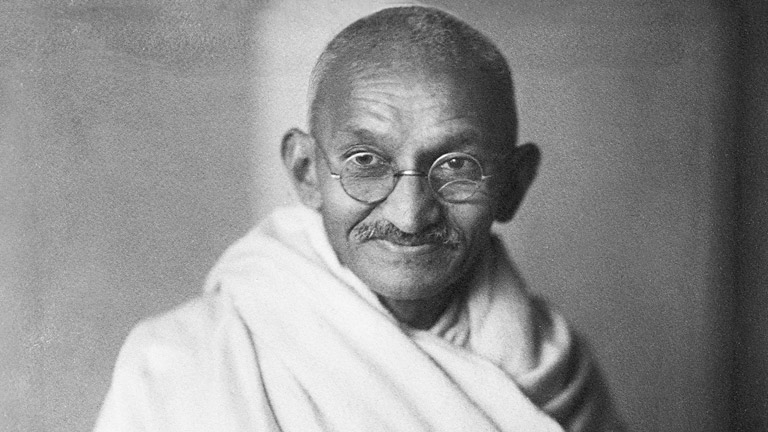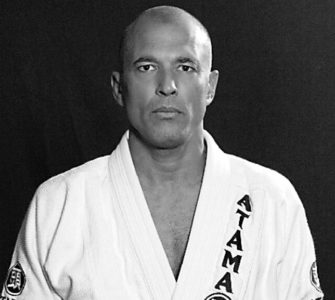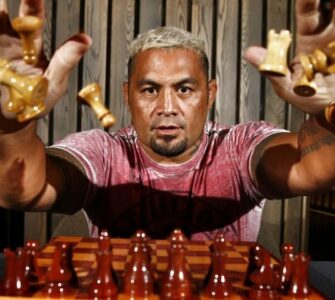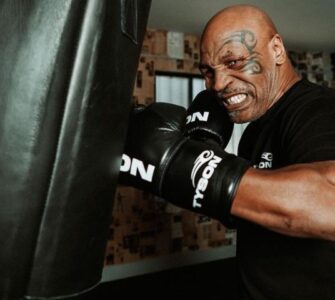Mohandas Karamchand Gandhi was the preeminent leader of the Indian independence movement in British-ruled India. Employing nonviolent civil disobedience, Gandhi led India to independence and inspired movements for civil rights and freedom across the world. The honorific Mahatma applied to him first in 1914 in South Africa, is now used worldwide.
Gandhi on jiu-jitsu (1905)
Mohandas K. Gandhi (Indian Opinion, April 2, 1905) makes a commentary on Jiu-Jitsu:
The eyes of Europeans are slowly being opened. Narmada-shankar, the Gujarati poet, has sung:
The Englishman rules, the country is under his heel.
The native remains subdued;
Look at their bodies, brother,
He is full five cubits tall,
A host in himself, match for five hundred.The poet here tells us that the main reason for the rise of English is their sturdy physique. The Japanese have shown that not much depends upon the physique of a man. The fact that the Russians, though well set up and tall, have proved powerless before the short and thin Japanese, has put the English officials in a quandary. They gave thought to the matter and discovered that Europe was very much behindhand in physical culture and knowledge of the laws governing the body. The Japanese understand very well how the various joints and bones of the (opponent’s) body can be controlled, and this has made them invincible. Many of our readers must be aware of the effect produced when a particular nerve of the neck or leg is pressed during an exercise. This very science the Japanese have perfected.
A Japanese coach* has, therefore, been employed to train the English army, and thousands have already been taught the art. And
jiu-jitsu is the Japanese name for it. The problem will now be to find something else after all the nations have learnt jiu-jitsu. This process is bound to go on endlessly.
* The Japanese coach in question was former Bartitsu Club instructor Sadakazu Uyenishi.
Bartitsu is an eclectic martial art and self-defence method originally developed in England during the years 1898–1902. In 1903, it was immortalised (as “baritsu”) by Sir Arthur Conan Doyle, author of the Sherlock Holmes mystery stories. Although dormant throughout most of the 20th century, Bartitsu has been experiencing a revival since 2002.



















